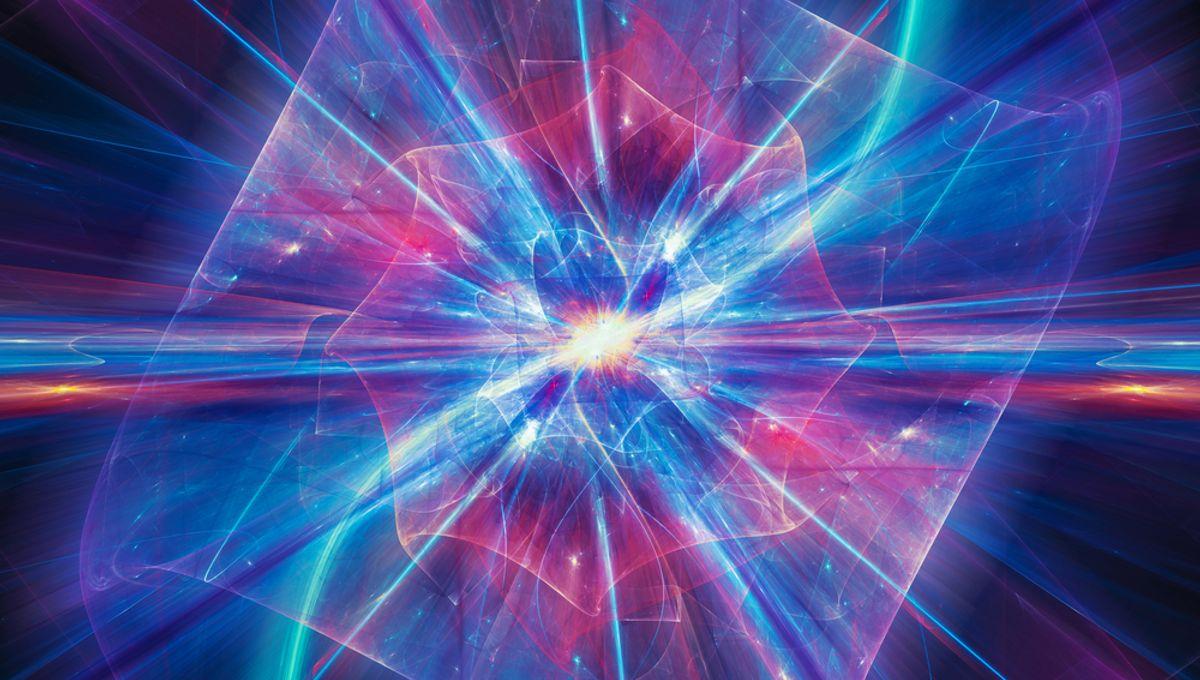Scientists report a new quantum state of matter that might lead to a computer that can self-charge but is also capable of withstanding the extreme radiation that can be found in deep space. This new quantum state of matter is the spin-triplet excitonic insulator.
Electronics are based on semiconductors, which can be understood as having electrons, the fundamental negatively charged particles, and having positive quasiparticles known as electron holes, where an electron should exist but doesn’t in an atom or atomic lattice. Under particular conditions, these can be bound into an exciton; and in even more peculiar ones, they can move around, forming an excitonic insulator. For decades, there has only been one type of such excitonic insulators: the ones in a spin-singlet. Basically, the electron and the hole have an intrinsic angular momentum, as if they were spinning, and in the singlet state, the electron and the hole have opposite spins. But not in this new state. Here, the electron and the hole are spinning in the same direction, which in quantum mechanics is known as the triplet state. "It's a new phase of matter, similar to how water can exist as liquid, ice or vapor. It's only been theoretically predicted – no one has ever measured it until now," corresponding author Professor Luis Jauregui, from the University of California, Irvine, said in a statement. "It's its own new thing; if we could hold it in our hands, it would glow a bright, high-frequency light." The state was created in a mixture of hafnium and tellurium placed under a very strong magnetic field of up to 70 Tesla (the average fridge magnet is 0.1 Tesla). This unlocked the new state in hafnium pentatelluride. Under the magnetic field, the material is no longer capable of conducting electricity. The potential applications in information technology would use spin as we use electrons in current computers. "This discovery is important because it may allow signals to be carried by spin rather than electrical charge, offering a new path toward energy-efficient technologies like spin-based electronics or quantum devices," Jauregui explained. "It could be useful for space missions. If you want computers in space that are going to last, this is one way to make that happen. We don't know yet what possibilities will open as a result." The study is published in the journal Physical Review Letters.





